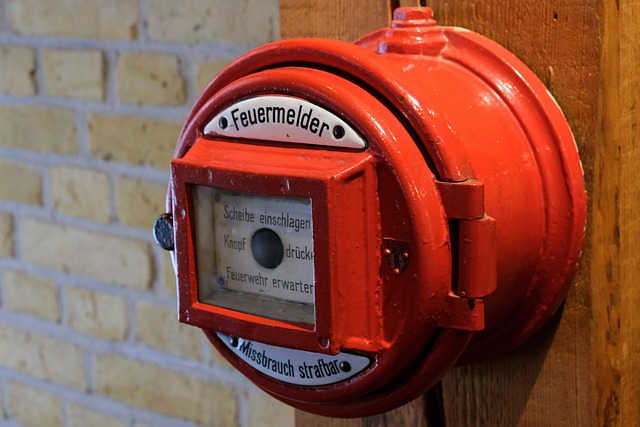In the digital age, strict privacy laws like GDPR and CCPA guide businesses using commercial security cameras to protect individual data from surveillance systems. Compliance involves transparency, consent, access controls, regular audits, employee training, encryption, secure storage, data retention policies, network architecture, and balanced safety-privacy deployment, fostering trust through responsible data protection practices.
In today’s digital age, compliance with privacy and security regulations is paramount, especially in the realm of commercial security cameras. This article navigates the intricate tapestry of understanding and adhering to privacy laws governing these surveillance systems. We explore key components like data protection, best practices for securing video footage, and ethical considerations surrounding surveillance technology. By delving into these aspects, businesses can ensure they maintain robust security while respecting individual privacy.
Understanding Privacy Laws for Commercial Security Cameras
In today’s digital era, understanding privacy laws is more crucial than ever for businesses deploying commercial security cameras. These regulations, such as GDPR in Europe and CCPA in California, are designed to protect individuals’ right to privacy and ensure that companies handle personal data responsibly. For commercial security camera systems, this means adhering to strict guidelines on data collection, storage, and usage.
Businesses must be transparent about the purpose of surveillance, obtain necessary consent, and limit access to recorded footage. Regular audits and employee training are essential to maintain compliance. By prioritizing privacy in their security strategies, companies can avoid legal repercussions and build trust with their customers and stakeholders.
Data Protection: A Key Component of Compliance
Data protection is a fundamental aspect of ensuring compliance with privacy and security regulations, especially in light of the extensive use of commercial security cameras. As organizations collect and process vast amounts of data from these devices, it becomes imperative to implement robust data protection measures. This includes encrypting sensitive information, ensuring secure storage, and adhering to strict access controls to prevent unauthorized usage or disclosure.
Compliance with regulations such as GDPR and CCPA not only involves technical solutions but also demands a comprehensive data governance strategy. Organizations must be able to demonstrate proper handling of personal data from the moment it is collected until its eventual deletion. This includes having transparent data collection practices, providing individuals with control over their information, and maintaining accurate records to facilitate audits and ensure accountability.
Best Practices for Securing Video Surveillance Footage
To ensure compliance with privacy and security regulations, best practices for securing video surveillance footage from commercial security cameras include implementing robust access controls. This involves limiting access to the footage only to authorized personnel who require it for their specific roles, using strong encryption protocols for data transmission and storage, and regularly auditing access logs to detect any unauthorized attempts.
Additionally, organizations should establish clear policies on data retention and deletion, ensuring that video footage is stored securely for no longer than necessary. Encryption at rest, regular software updates to patch security vulnerabilities, and the use of secure network architectures are also vital. Implementing these practices helps maintain the confidentiality, integrity, and availability of surveillance data while adhering to legal requirements.
Ensuring Ethical Use of Surveillance Technology
The ethical deployment of surveillance technology is paramount in ensuring a balance between safety and privacy, especially with the proliferation of commercial security cameras. Businesses must adopt stringent measures to safeguard personal data captured by these devices, adhering to relevant regulations such as GDPR or CCPA. This involves implementing robust data encryption protocols, strict access controls, and regular security audits to prevent unauthorized access or misuse of recorded information.
Additionally, transparent practices are crucial. Companies should inform individuals about the presence and purpose of surveillance systems, providing clear privacy policies that outline data retention periods and rights regarding their information. By fostering open communication and adhering to ethical standards, organizations can effectively utilize commercial security cameras while respecting individual privacy rights.
In navigating the complex landscape of privacy and security regulations, especially concerning commercial security cameras, understanding and adhering to key legal principles are paramount. Implementing robust data protection measures, securing video surveillance footage through best practices, and ensuring ethical use of this technology not only comply with laws but also foster trust among stakeholders. By integrating these strategies, businesses can leverage the benefits of commercial security cameras while respecting individual privacy rights.
